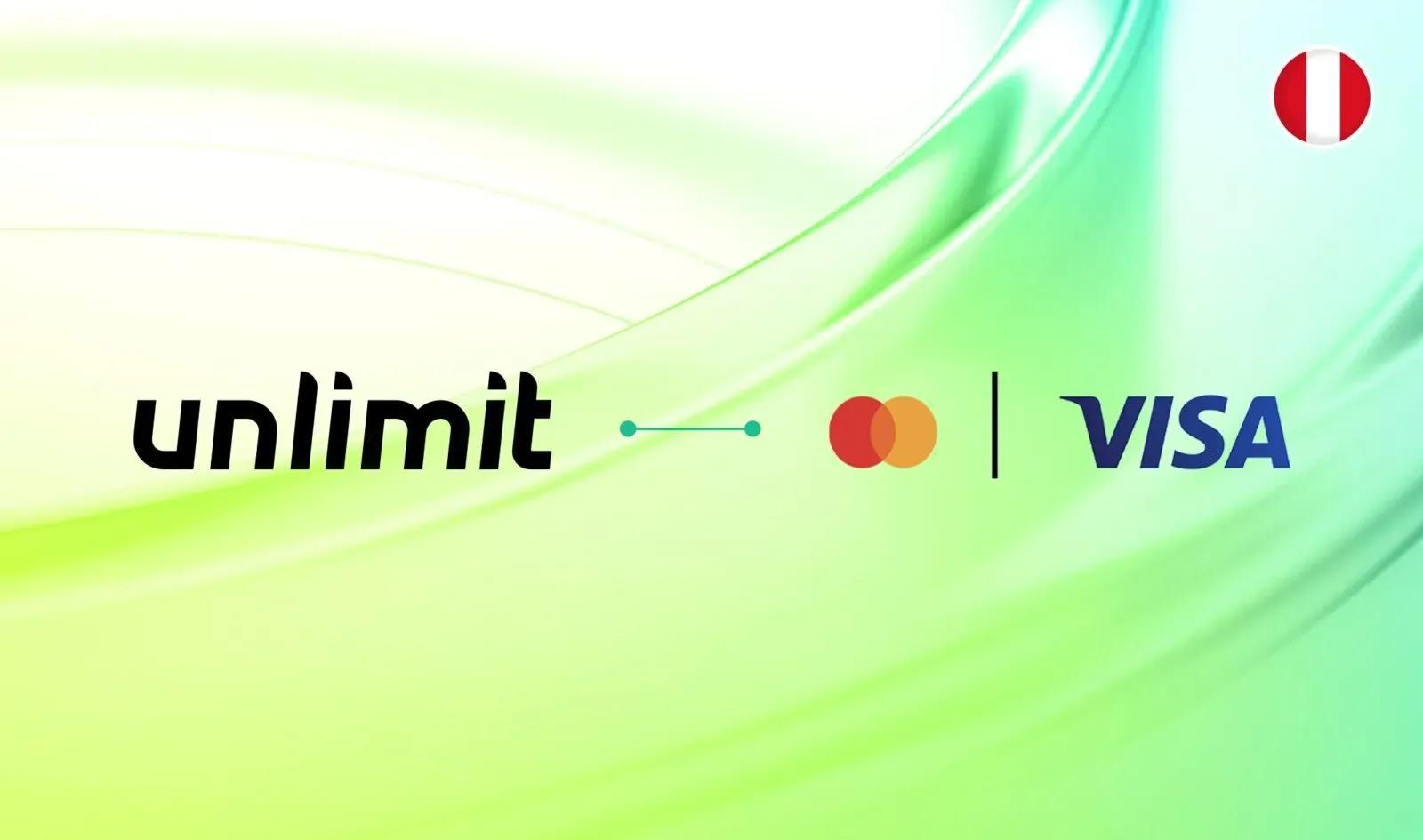Unlimit, a global fintech, obtained the principal membership of Mastercard and Visa in Peru, allowing it to operate as a direct acquirer in card payment processing in the country. This new accreditation marks another step in the company's expansion in Latin America, where it already operates as an acquirer in Brazil and Mexico.
With the principal affiliation with Visa and Mastercard in Peru, Unlimit strengthens its position in the region by offering a complete payment infrastructure for local businesses. The license also allows retailers from around the world to access the Peruvian market through its global payment network, reinforcing the fintech's mission to eliminate financial borders and help companies grow both in their local markets and internationally.
“This new phase of our expansion in Latin America represents a significant advance. By obtaining the direct license from Mastercard and Visa in Peru, we are empowering local businesses to grow in their own market, while also connecting them integrally with Unlimit's global payment infrastructure. With access to over 1,000 payment methods worldwide and the support of our specialized international team, we are enabling Peruvian retailers to connect, scale, and succeed beyond borders,” explained Kirill Eves, CEO and founder of Unlimit.
The license allows Unlimit to process payments with Visa and Mastercard, providing support for solutions such as subscriptions, installment payments, and even one-click payments for the Peruvian e-commerce market. In addition, the company already offers alternative payment methods in the country, including cash-based options such as Pago Efectivo.
Unlimit's expansion in Peru occurs at a time of great growth for the country's e-commerce market, which is expected to record a compound annual growth rate (CAGR) of 17% between 2024 and 2027. In 2024, e-commerce in Peru is expected to reach 37 billion dollars and is projected to reach 59.5 billion dollars by 2027, according to data from the E-Commerce Data Library of PCMI.
In the country, debit and credit cards represented 49% and 24% of all e-commerce transactions, respectively. Digital wallets rank third, accounting for 10% of transactions in 2024, according to the same PCMI study.

Comments